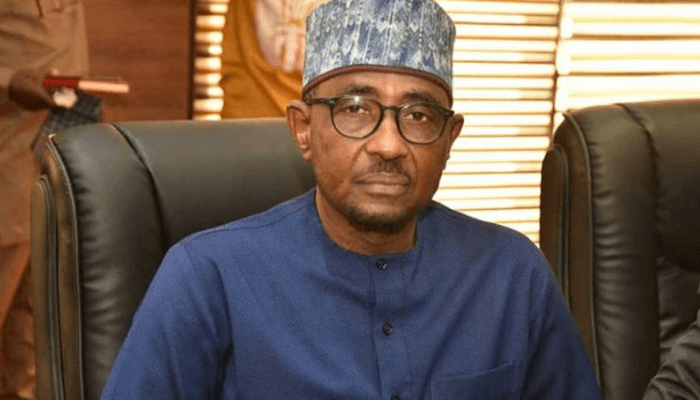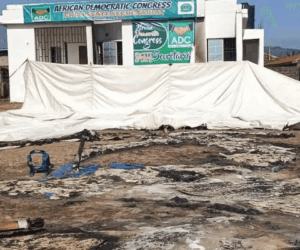Farouk Ahmed, chief executive Nigerian Midstream and Downstream Petroleum Regulatory Authority (NMDPRA)
The Nigerian Midstream and Downstream Petroleum Regulatory Authority (NMDPRA) has announced a significant increase in volume of crude oil supplied to domestic refineries, from 20,000 barrels per day (bpd) in 2023 to 40,000 bpd in 2025.
Farouk Ahmed, NMDPRA Chief Executive, stated this in Abuja on Thursday during the 2025 annual conference of the Energy Correspondents Association of Nigeria.
According to him, refined product supplies from local refineries to domestic market also increased. “For example, PMS supply grew from 1.3 billion litres in 2024 to 3.8 billion litres in 2025, and the outlook is positive,” he said.
Speaking on the theme of the conference: ‘Four years of the PIA: Achievements, Gaps and the Road Ahead’, Ahmed who was represented by Joseph Tolorunse, Director legal department, NMDPRA, said that over the past four years, since the enactment of the Petroleum Industry Act (PIA), the Authority has implemented a series of reforms and initiatives aimed at strengthening industry compliance, improving service delivery, and fostering stakeholder collaboration.
These efforts, he said have led to improved monitoring mechanisms, data-driven decision-making, and the adoption of innovative technologies to support regulatory effectiveness.
We have also implemented strategies that have underscored our commitment to aligning regulatory oversight activities with national energy objectives and global best practices.
“In this regard, we have successfully gazetted 18 regulations and developed guidelines and standard operating procedures for implementation in the sector; embarked on aggressive automation of processes to enhance service delivery and promote the ease of doing business.”
Ahmed disclosed that in effort to promote development in the gas sector, the Midstream and Downstream Gas Infrastructure Fund (MDGIF) has invested over N287 billion in various gas infrastructure projects with 16 companies across 62 projects as of October 2025.
He explained that the fund catalysed an additional $500 million investment to Gas infrastructure by leveraging on Afreximbank Memoranda of Understanding (MoU) to expand energy access to drive economic development.
Ahmed speaking further said there have been some challenges with the PIA, one of which he said was the perceived regulatory overlap.
Read also: NUPRC targets revival of abandoned wells to achieve 2.5 mbpd by 2026
According to him, the challenge is less about the law itself and more about the human interpretation of its provisions as they relate to regulatory functions, particularly in the midstream subsector of the value chain.
“Despite these few issues though, we in the Authority have ensured that we leverage the enabling Act to deliver on our regulatory mandate providing the requisite guidance and oversight to enable proponents and operators do their business in an even playing field, to service their customers, provide job opportunities to Nigerians while maximizing their investments across the value chain.
“We therefore look ahead with great optimism and hope for a brighter more profitable future for our industry, especially with the gradual coming onstream of the Dangote refinery, the modular players and the hope of a resuscitation of the government owned refineries,” he added.









